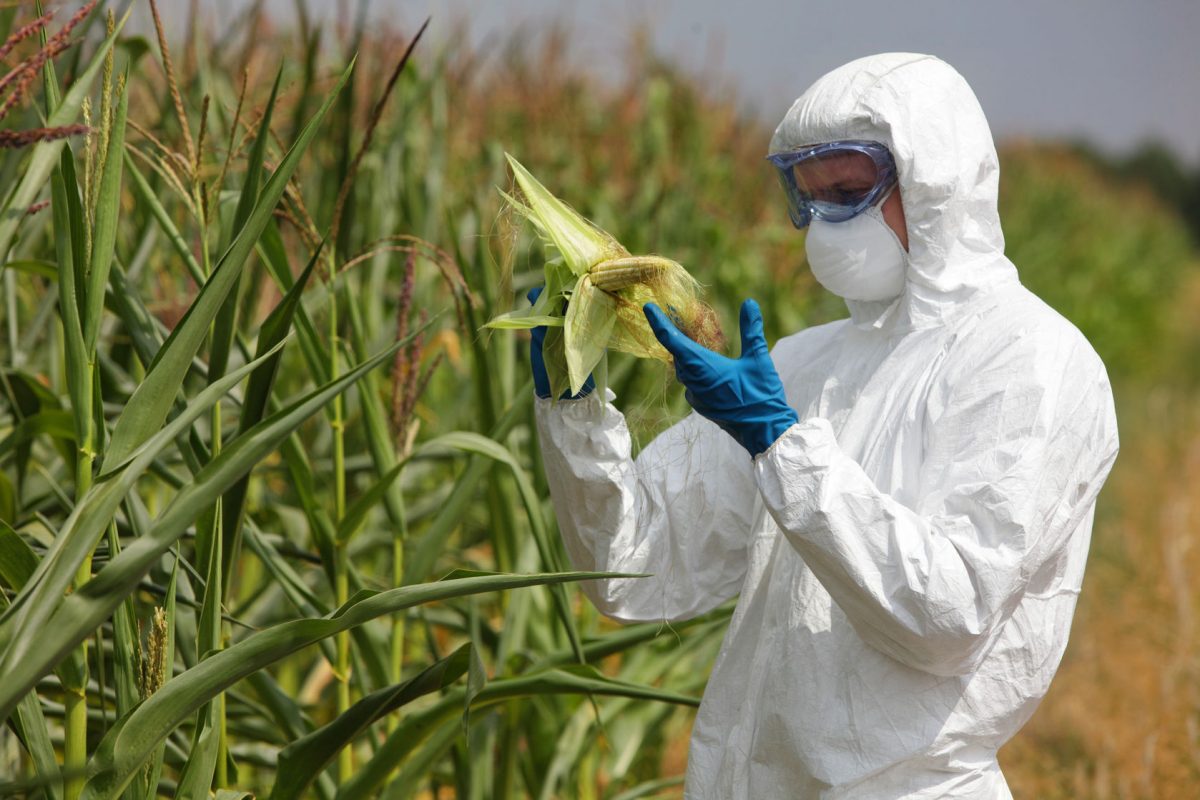From the first genetically modified tomato to the ongoing battle over Golden Rice, GMOs have long been a cause of controversy. Some tout GMOs as the answer to major public health problems, while others claim they cause disease and even death. This month, we’ll give you a quick snapshot of need-to-know GMO info so you can make smarter nutritional decisions for yourself and your family.
What is a GMO, anyway?
GMO stands for “genetically modified organism.” GMOs can refer to plants, animals, or microorganisms that have been artificially altered to change the organism’s genetic makeup.
Farmers and food manufacturers have developed genetically modified foods to increase crop yields, reduce food prices, and make crops more resistant to fungus, bacteria, viruses, and pesticides.
GMOs are relatively new to our food supply. The first genetically modified crop was the Flavr-Savr™ tomato, which was approved by the FDA in 1993. Today, it’s estimated that some 60% of all retail food products contain some form of GMO.
In fact, certain foods and plants are almost entirely genetically modified, including…
• 88% of corn
• 93% of soybeans
• 94% of cotton
Are GMOs safe?
Over 60 countries around the world have banned or restricted the use of GMOs, including Japan, Australia, and every country in the European Union. In the United States, however, the federal government has approved the production and sale of GMOs without restriction.
Widespread concerns about the safety of GMOs are focused on three key areas of human health: gene transfer, allergies, and immune reactivity.
- Gene transfer—Critics of GMOs worry that genes from the genetically modified food source could negatively impact bacteria in the human gastrointestinal tract, or other human cells. Since many GMOs were created with antibiotic-resistant genes, there is a concern that consuming GMOs could cause antibiotic resistance in humans as well.
- Allergies—Another concern surrounding GMOs is the transfer of allergenic organisms to non-allergenic organisms. People may not even realize they’re consuming a food they’re allergic to because the genes of that allergen have been modified to show up in a “safe” food—all without the person realizing they’re allergic until it’s too late.
- Immunity—GMO foods contain many never-before-seen proteins. There is a concern that these proteins may negatively impact the immune system by causing inflammation and exacerbating problems like Leaky Gut.
Because of the health concerns surrounding GMOs, many Americans have called for more transparency in food labeling. While GMO labeling has yet to be mandated across the country, individual states are adopting new labeling policies to let consumers know which foods contain GMOs. In 2014, Vermont passed a law requiring all GMO foods to be clearly labeled. The law just went into effect on July 1st.
The Debate Rages On
Despite the huge protest against GMOs and the ban of GMOs by some of the world’s most advanced countries, multiple research studies have shown little-to-no adverse effects of GMOs on human health. There is also no international consensus as to the long-term safety, production, and consumption of GMOs.
GMOs remain one area of health and wellbeing that is difficult to control. It’s not always possible to know which foods contain GMOs, just as it’s unclear what the long-term impact of GMOs may have on your health. While you may be limited by labeling, there are many other ways you can take control of your health, protect your immune system, and prevent disease long-term. Learn more by clicking here.

